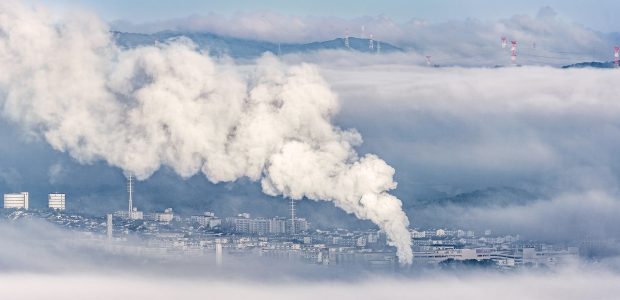
Climate change is a pressing issue that has become increasingly urgent in recent years. It is caused by the release of greenhouse gases, such as carbon dioxide and methane, which trap heat in the atmosphere and cause global temperatures to rise. The impact of climate change is being felt around the world, with rising temperatures, extreme weather events, and the loss of biodiversity. Here are some key aspects of the crisis and what we can do to take action.
The Science of Climate Change
The science of climate change is well-established and widely accepted by the scientific community. According to the Intergovernmental Panel on Climate Change (IPCC), global temperatures have increased by 1.1°C since the pre-industrial era. This increase is largely due to human activities, such as the burning of fossil fuels and deforestation, which release greenhouse gases into the atmosphere. If left unchecked, the IPCC warns that global temperatures could rise by as much as 4.8°C by the end of the century, with catastrophic consequences for ecosystems, economies, and human health.
The Impact of Climate Change
The impact of climate change is already being felt around the world, with more frequent and severe weather events, such as hurricanes, droughts, and wildfires. Rising sea levels are also putting coastal communities at risk of flooding and displacement. The loss of biodiversity is another major concern, as species struggle to adapt to changing conditions and face extinction. Climate change is also exacerbating existing inequalities, with the most vulnerable communities, such as low-income households and indigenous peoples, bearing the brunt of the crisis.
Taking Action on Climate Change
To address the crisis of climate change, we need urgent and ambitious action from governments, businesses, and individuals. This includes reducing greenhouse gas emissions through the transition to renewable energy and low-carbon technologies, such as electric vehicles and energy-efficient buildings. We also need to protect and restore ecosystems, such as forests and wetlands, which can absorb carbon dioxide from the atmosphere. In addition, we need to support and empower communities that are most affected by climate change, through adaptation measures and climate justice initiatives.
Conclusion
Climate change is a crisis that demands urgent action from all of us. By understanding the science of climate change and its impact, we can take steps to reduce our carbon footprint and support solutions that mitigate the effects of climate change. By working together, we can build a more sustainable future for ourselves and for generations to come.
